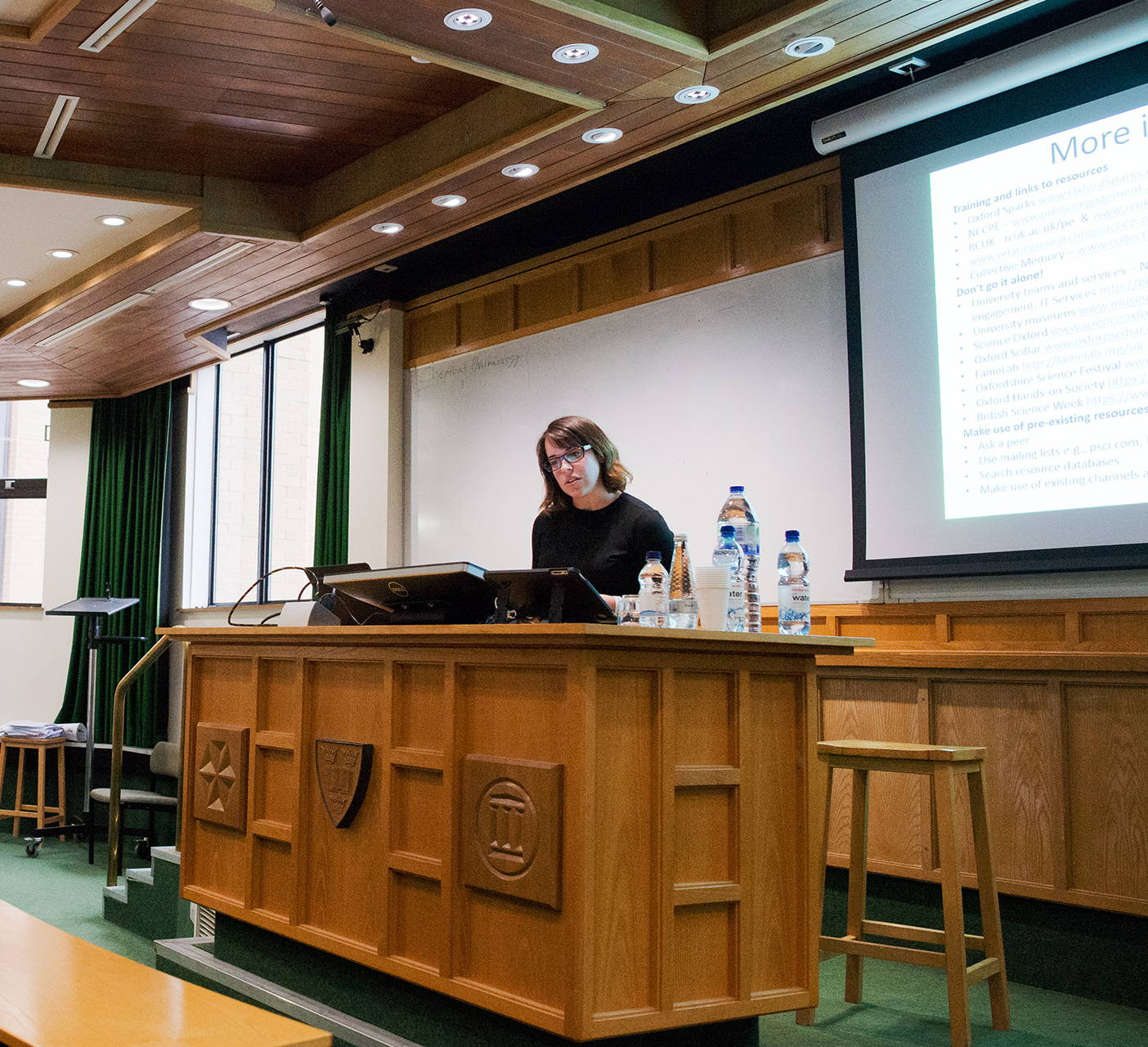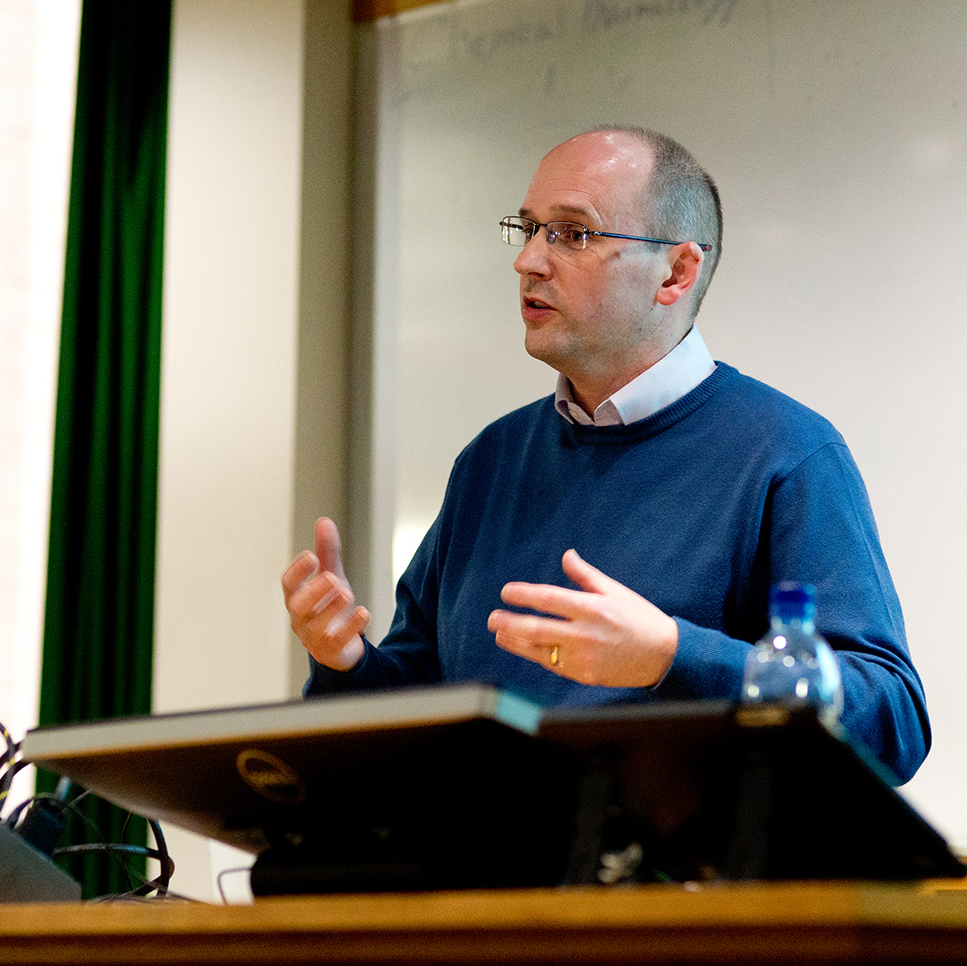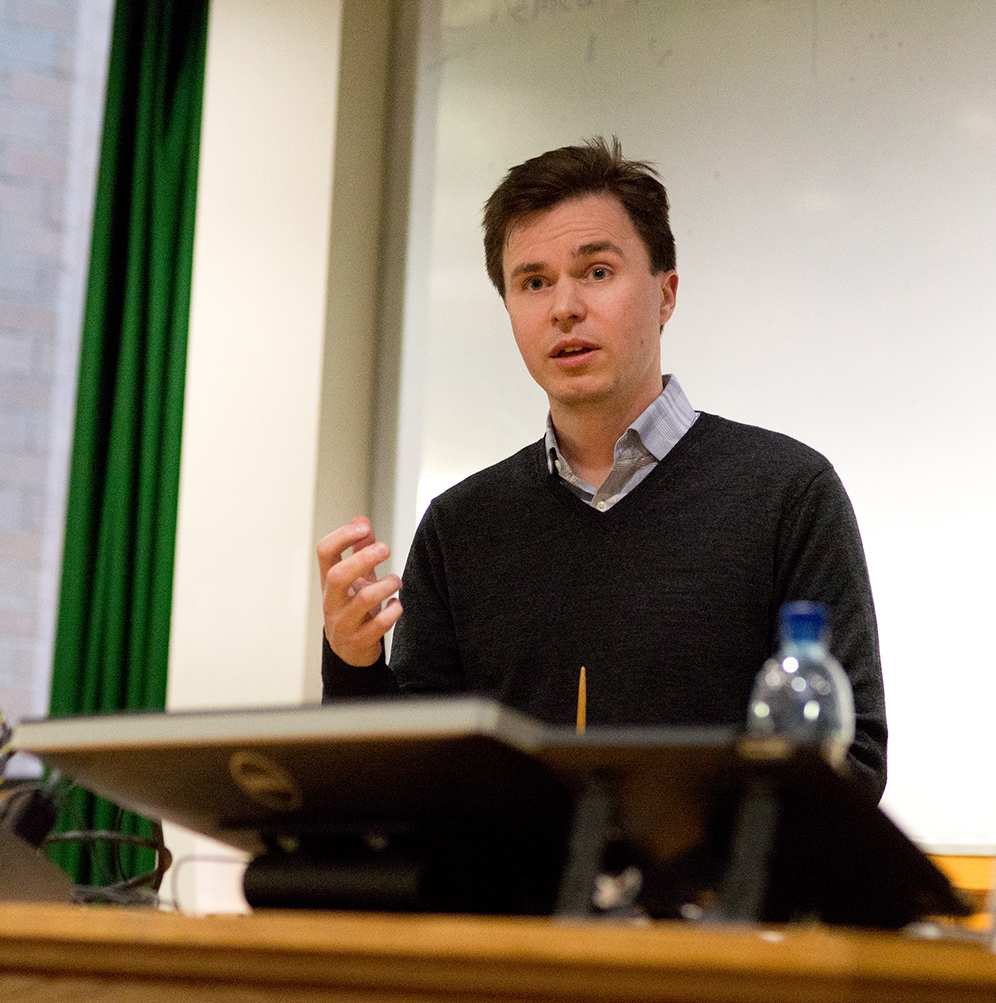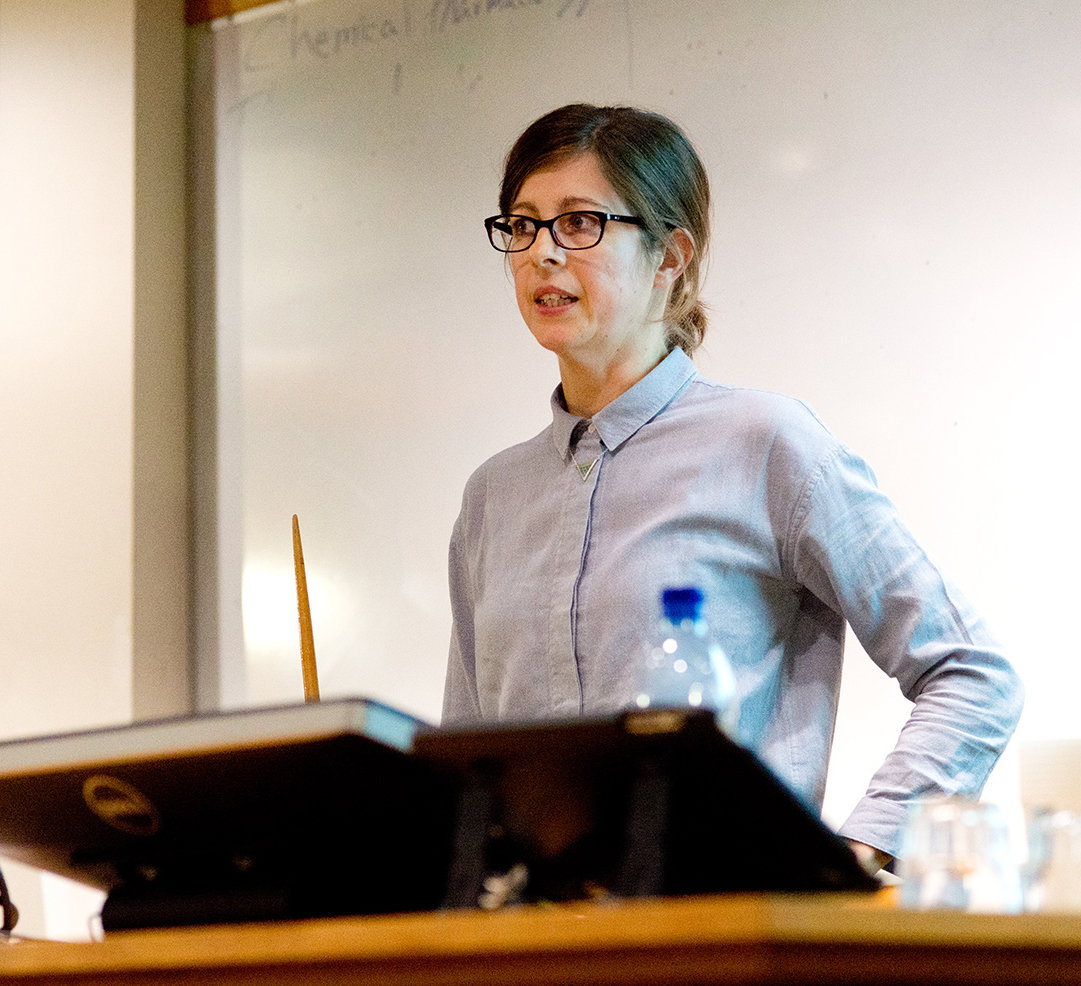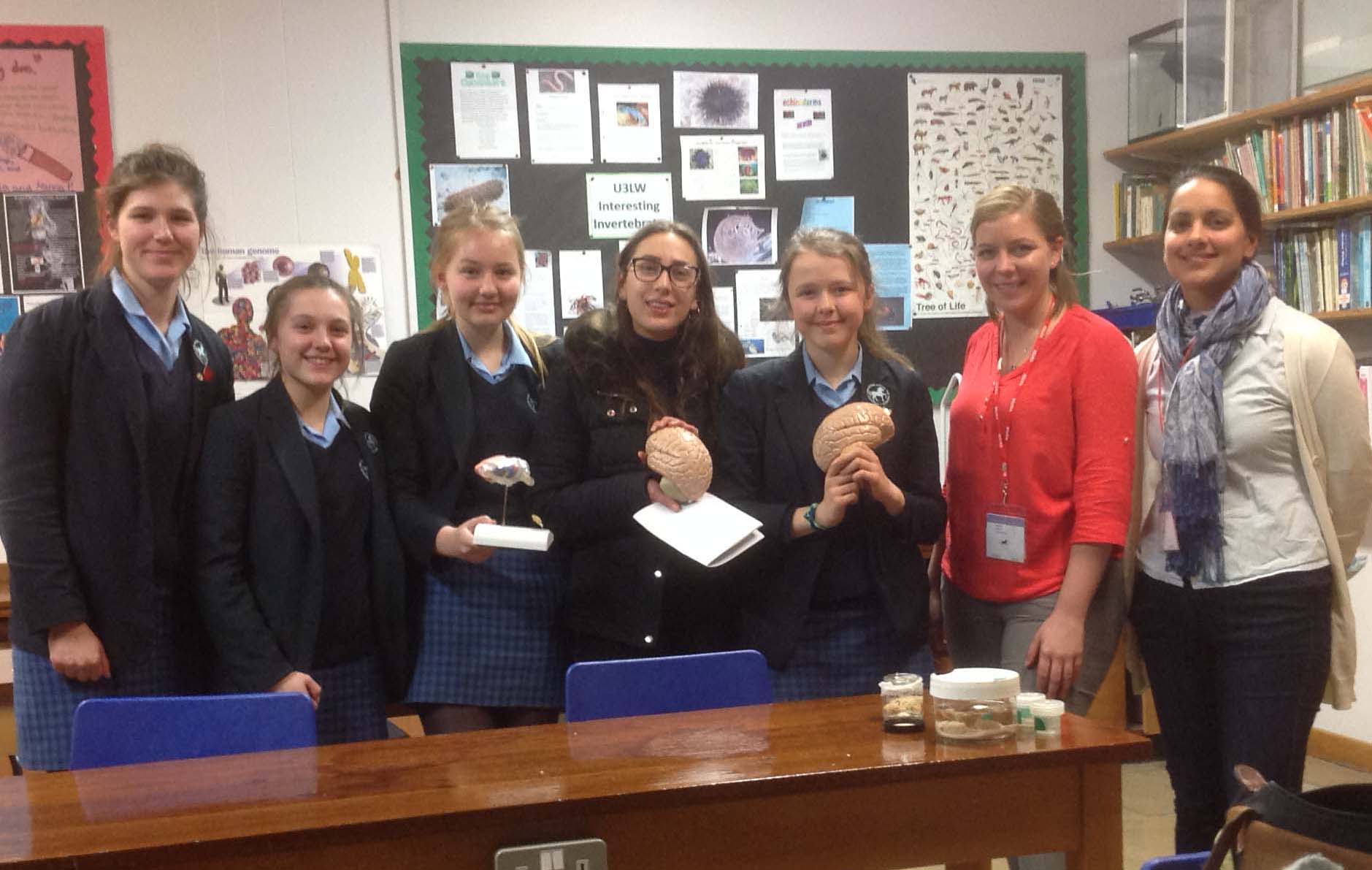
On the 23rd February, Unit scientists Dr Natalie Doig and Dr Emilie Syed made a return visit to Headington Girls School in Oxford to engage with pupils of Years 11-13 in the student-led School Biology Club. Natalie discussed how the brain circuits controlling movement are organised, and the experimental techniques used to investigate them. Emilie then introduced studies of the chemical transmitter dopamine and its relation to movement and Parkinson’s disease. This was followed by a lively discussion with the pupils and an interactive practical session.
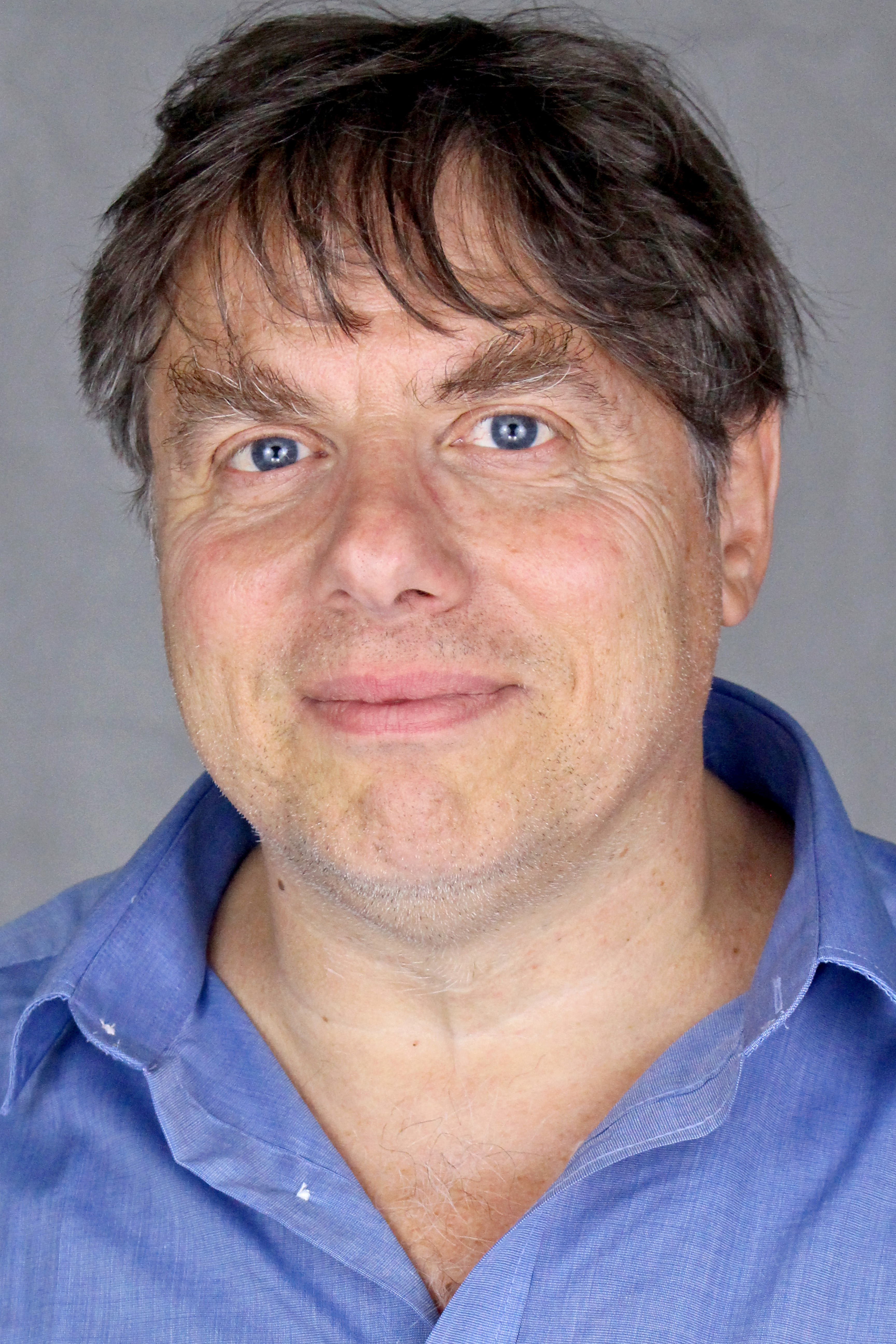
We are pleased to announce that Professor Marco Capogna, Programme Leader at the MRC ANU (2001-2015), has been appointed (from Trinity Term) as Professor in Neuroscience at Aarhus University Faculty of Health, Department of Biomedicine, Aarhus, Denmark. At Aarhus, Marco will teach and pursue his research interests on the neuronal circuits underlying emotional memory and related psychiatric disorders. Marco also plans collaborative interactions with DANDRITE (the Danish Research Institute of Translational Neuroscience), the Danish node of the Nordic EMBL Partnership for Molecular Medicine that was established at Aarhus University in 2013 to perform basic and translational research in the nervous system. Marco will maintain his collaborative research links with Oxford. We wish Marco every success in his new position.

The Rosetrees Trust have awarded funding to Unit Director Peter Brown and collaborator Professor Hagai Bergman of the Edmond & Lily Safra Centre for Brain Sciences, Hebrew University of Jerusalem, Israel, to collectively pursue new research that aims to optimise closed-loop 'deep brain stimulation' as a treatment for people with Parkinson’s disease. The research programme will run over three years, and provide for two Rosetrees and John Black Fellowships at each site, to help consolidate and advance the collaboration between these two major centres for the study of the basal ganglia.
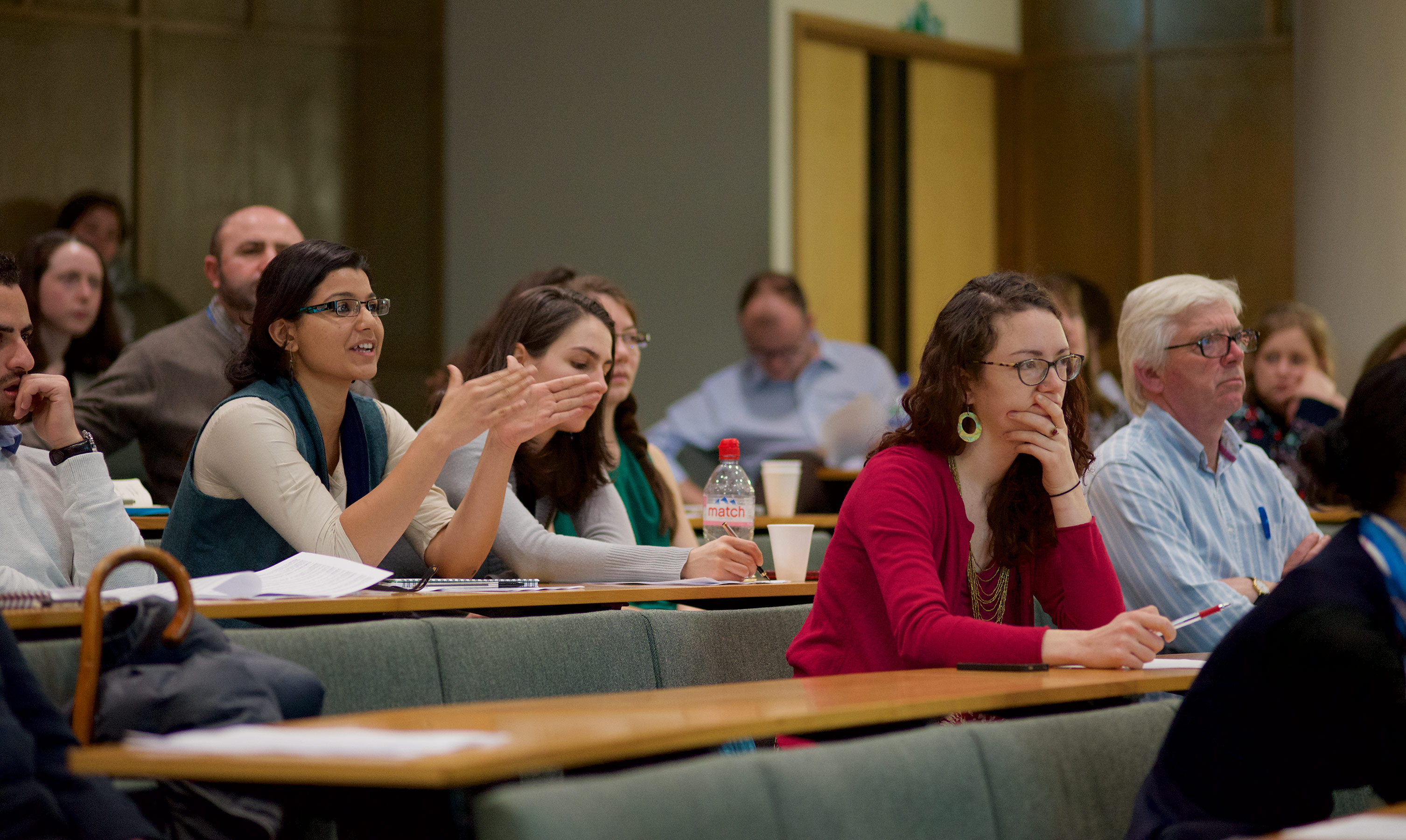
The Unit held its inaugural Training and Careers Development Event on Friday 29th January. Unit members and departmental colleagues were treated to a range of entertaining presentations from expert speakers, each of which was followed by a lively Q & A session.
Dr Michaela Livingstone-Banks, Public Engagement Facilitator at Oxford Sparks, gave the opening presentation and some timely guidance on how to make public engagement activities most effective. This was followed by a talk from Professor Paul Bolam, in which he recounted his ‘top tips’ for engaging the public with neuroscience and the use of animals in research. Mr Mark Gardiner, Head of Operations at the Mary Lyon Centre at MRC Harwell, then gave a refreshing perspective on how the careers of research support staff can be developed outside of the academic mainstream. Dr Mark Ungless of Imperial College London then narrated his career trajectory, from undergraduate student to senior academic, and gave some welcome careers advice for the aspiring Principal Investigator. Professor Stephanie Cragg, from the University of Oxford, completed the Event by highlighting the pleasures and pitfalls of more traditional Lectureship roles in academia, and gave an insightful account of how to excel in both teaching and research.
Unit Director Peter Brown commented “Our guest speakers did a fantastic job of raising awareness about the challenges and successes of public engagement and careers development. They provided some excellent role models for us all to follow.”
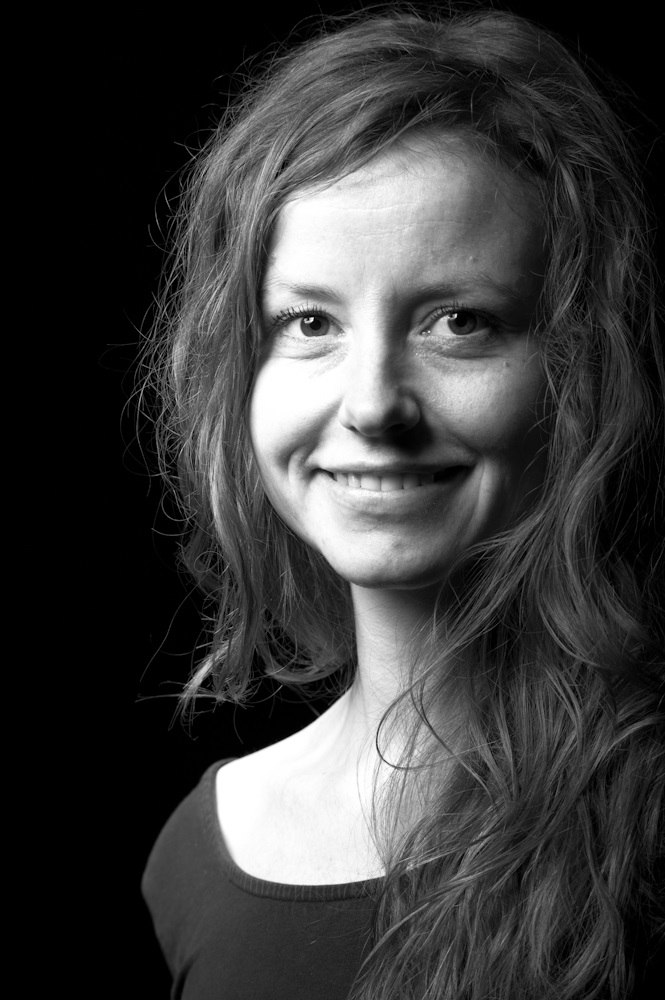
We are pleased to welcome Maria Louise Broennum Larsen to the Unit as part-time Group Administrator for Professor Peter Brown’s Group. Maria has an M.A. in Communication and Culture Studies from Roskilde University, Denmark, and did part of her M.A. at Copenhagen University, where she studied Anthropology. She wrote her Masters Thesis in conjunction with Cardboard Citizens in London, focusing on theatre as a means of communication for homeless people with mental health issues. Before joining the Unit, Maria worked at a private company as Nordic Project Manager, where she managed various projects with a focus on communication, relations and corruption. In her spare time, Maria volunteers as a board member at American Field Service Denmark Intercultural Programs, where she also the chaired the Adult Programs Steering Committee.
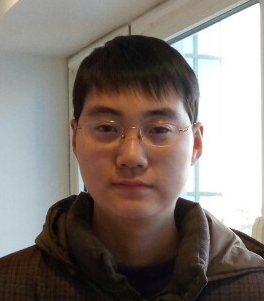
We are pleased to welcome Dr Yunpeng Zhang to the Unit. Yunpeng is an electrical engineer and comes to us from the Suzhou Institute of Biomedical Engineering and Technology, Chinese Academy of Sciences (SIBET), Suzhou, China. Yunpeng is visiting Professor Peter Brown’s Group to put the finishing touches to a device that will allow the simultaneous stimulation and recording of brain sites in patients who have just undergone functional neurosurgery. He has developed the device in conjunction with Professor Shouyan Wang at SIBET. While visiting the Unit, Yunpeng will be working closely with Dr Jean Debarros, who has been optimising closed-loop ‘deep brain stimulation’ algorithms in the Unit.
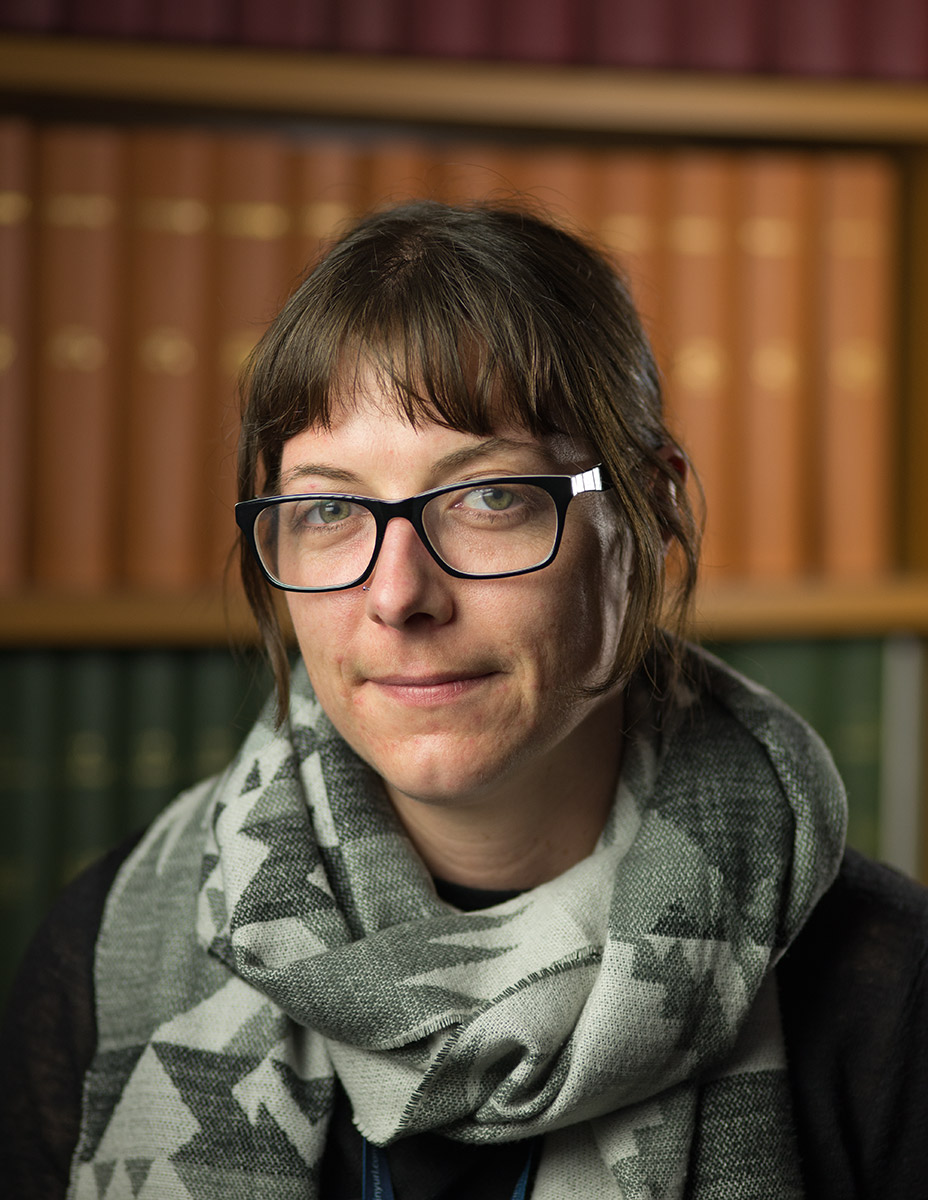
We are pleased to welcome Dr Amy Wolff to the Unit as a Postdoctoral Neuroscientist in the Magill Group. Amy obtained her undergraduate B.A. (hons) degree in Psychology from the University of Otago in Dunedin, New Zealand, after which she continued her studies there under the supervision of Professor David Bilkey, graduating with a Ph.D. in Neuroscience in 2011. Amy comes to the Unit after working as a Roche Postdoctoral Fellow with Professor Dimitri Kullmann (University College London), Professor David Bannerman (University of Oxford), and Dr Dennis Kaetzel (UCL/Oxford). As part of her recent work, Amy utilised chemogenetic and optogenetic techniques to explore how the dysfunction of different types of neurons might be involved in schizophrenia.
Here in the Unit, Amy will be working closely with Dr Paul Dodson and Professor Peter Magill on a project investigating the in vivo firing properties of midbrain dopaminergic neurons in a mouse model of Parkinson's disease.
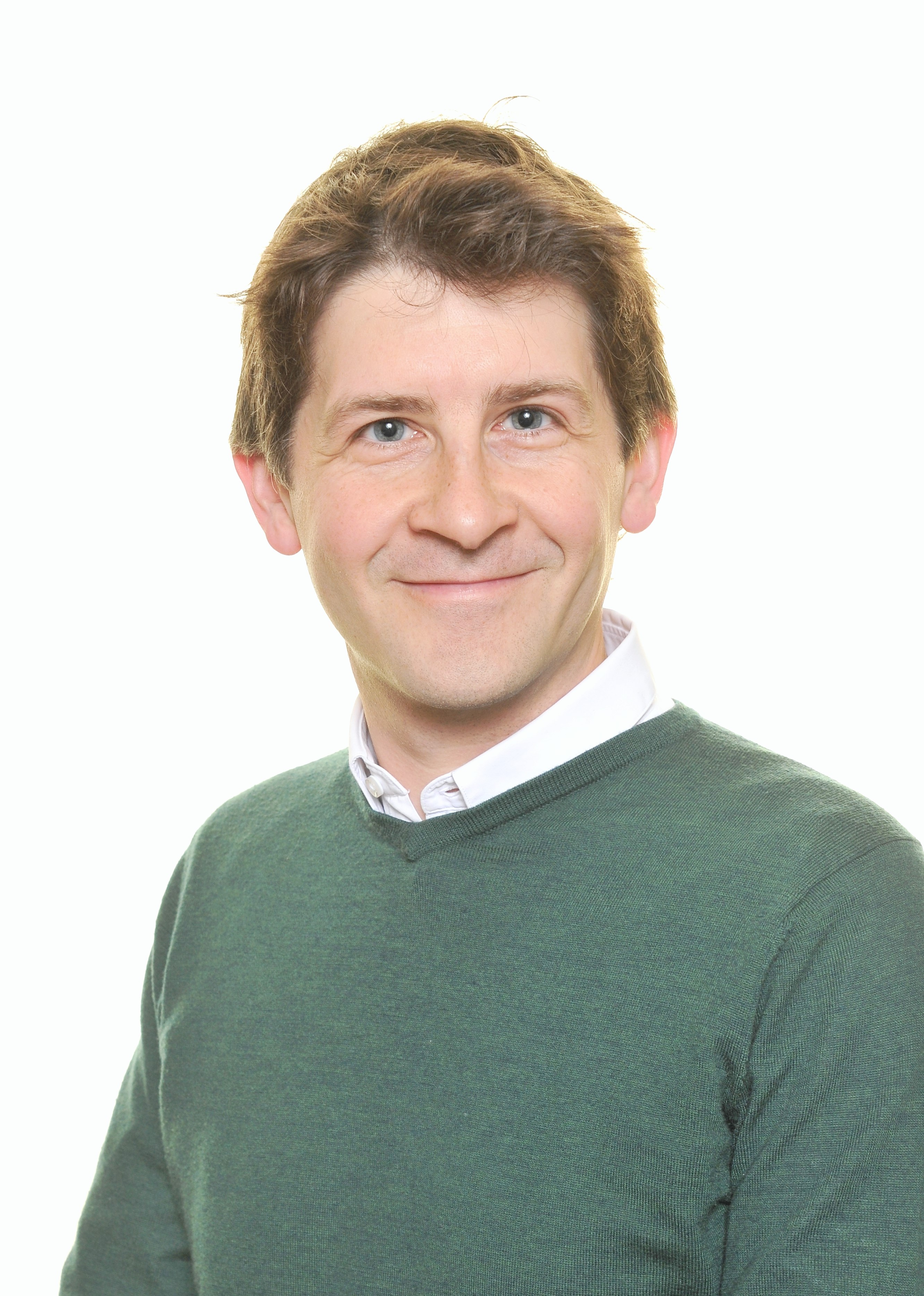
We are pleased to welcome Dr Stephen McHugh to the Unit. Dr McHugh joins Dr David Dupret’s Group as part of a BBSRC-funded grant awarded in collaboration with Professor David Bannerman (Department of Experimental Psychology, University of Oxford). Steve graduated with a B.Sc. in Psychology from Edinburgh University, and then moved to Oxford to study on the 4-year Wellcome Trust Doctoral Programme in Neuroscience, receiving his D.Phil. in 2006. Since then, Steve has worked in the laboratory of Professor David Bannerman, focusing on the roles of the hippocampus and amygdala in memory and emotion. From January 2016, Steve will be investigating the role of adult-born dentate granule cells in hippocampal information processing and memory function. This project will combine optogenetics and multichannel recordings to determine whether/how recently-born granule cells influence the encoding and/or recall of spatial and non-spatial memories.
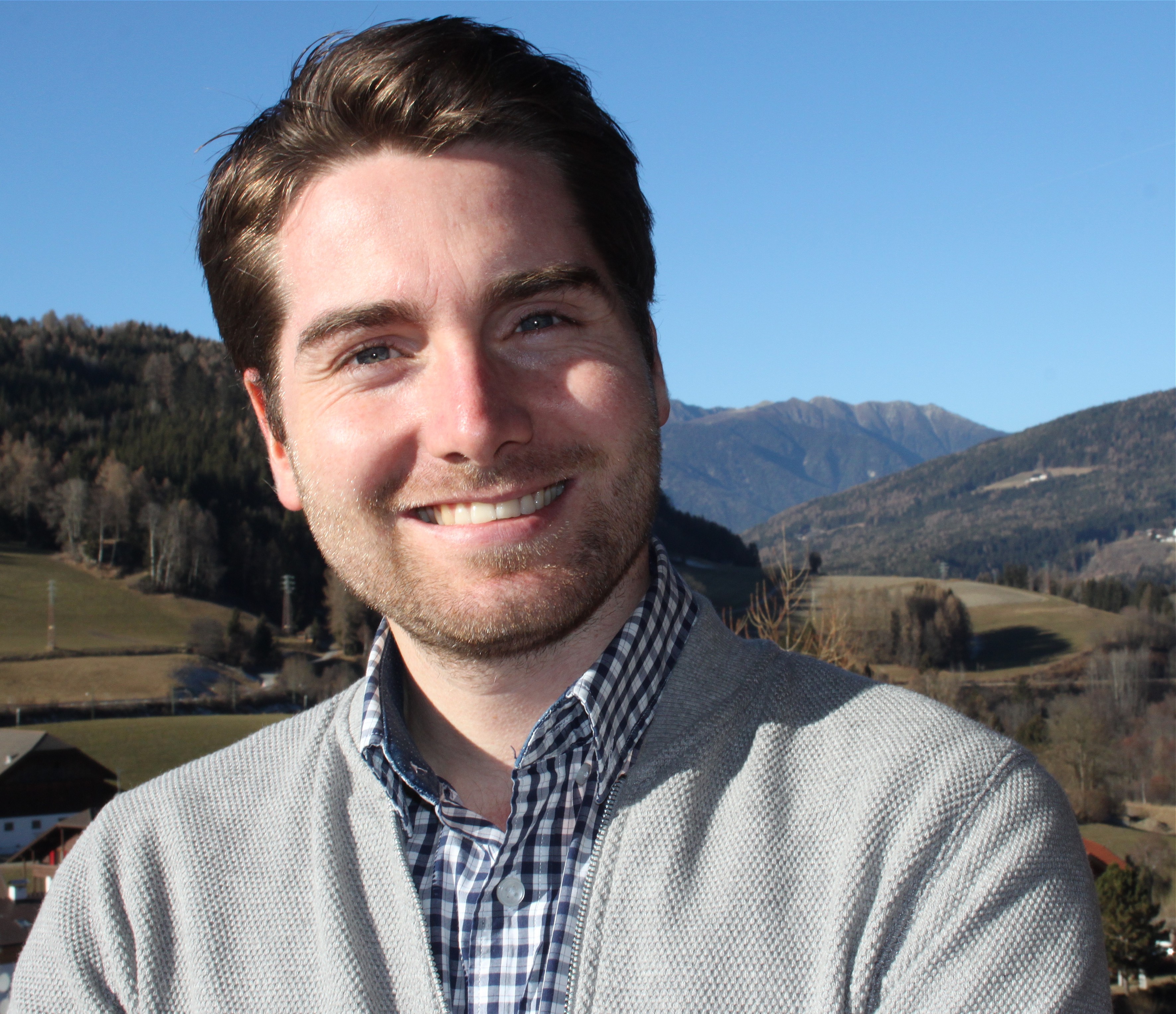
We are pleased to welcome Dr Gerd Tinkhauser to the Unit. Gerd has been awarded a prestigious European Academy of Neurology Research Training Fellowship to study in the Unit. Gerd is an Italian neurologist who has been working at the Department of Neurology, University Hospital Bern, Switzerland. There, he completed a Movement Disorders Fellowship with Professor Michael Schüpbach and Professor Claudio Pollo. During this time, Gerd developed a particular interest in Deep Brain Stimulation as a therapy for conditions like Parkinson’s disease. Gerd graduated from the Medical University of Innsbruck, Austria.
Gerd joins Professor Peter Brown’s Group in the Unit from January 2016, and his research will focus on improving intra-operative functional localisation and closed-loop Deep Brain Stimulation.
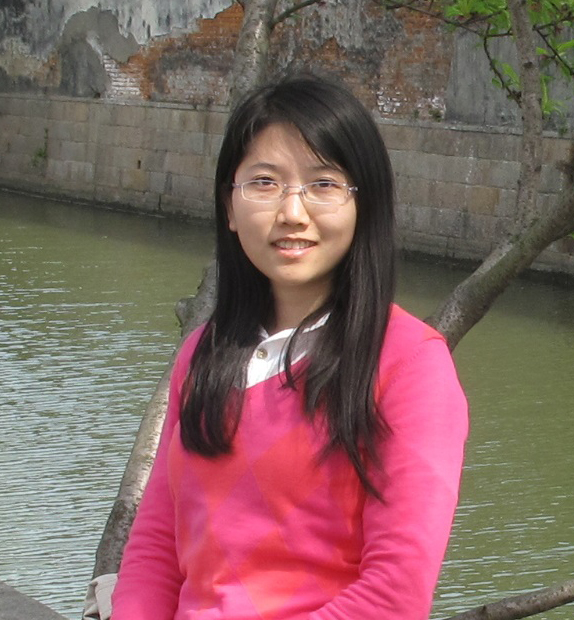
We are pleased to welcome Ms Xinyi Geng to the Unit. Xinyi has been awarded a Scholarship from the Chinese Scholarship Council to visit the Unit for a year. She is currently studying for a Ph.D. at the Department of Medical Electronics, Suzhou Institute of Biomedical Engineering and Technology, Chinese Academy of Sciences (SIBET), China. She has an M.Sc. from the School of Electronics and Computer Science, University of Southampton, where she graduated with distinction. She also has First Class Honours in B.Eng., College of Electrical and Electronic Engineering, Shandong University of Science and Technology, China.
Xinyi’s visit strengthens a developing collaboration between the group of her supervisor Professor Shouyan Wang at SIBET and Professor Peter Brown’s Group in the Unit. Xinyi’s research will focus on the identification of novel biomarkers in the local field potentials recorded from patients undergoing functional neurosurgery.
